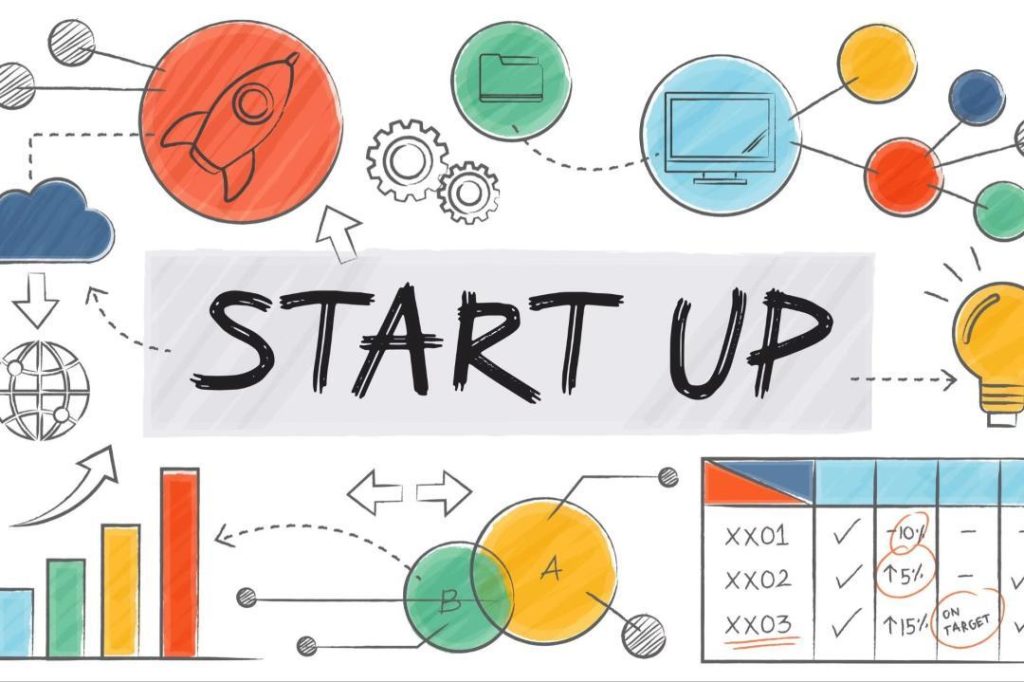
Start a Startup with Zero Money: 7 Proven Ways that Work
The startup journey is often romanticized as a path filled with excitement, uncertainty, and, of course, a substantial amount of capital. However, the reality is that many entrepreneurs face a significant barrier to entry: lack of funds. But, is it really true that you need a fat wallet to start a successful startup? The answer is a resounding no. In fact, experts argue that with the right strategy and mindset, you can build a thriving startup with zero money.
In this post, we’ll explore 7 proven ways to start a startup with zero money. From leveraging your network for advice to pre-selling your product to validate demand, we’ll dive into the smart moves that can help you launch your business without breaking the bank.
1. Build Your Network for Advice
One of the most valuable resources you can tap into is your network. Reach out to friends, family, and colleagues who have experience in your industry or have started their own businesses. Ask for advice, feedback, and guidance. They may be able to offer valuable insights, introduce you to potential partners or investors, or even provide mentorship.
Networking can also help you identify potential partnerships, collaborations, or even customers. Attend industry events, conferences, and meetups to connect with like-minded entrepreneurs and thought leaders. Don’t be afraid to reach out to people you don’t know; a simple email or LinkedIn message can go a long way in building relationships.
2. Use Your Skills to Create
What are your skills? Are you a writer? Design a blog or create a YouTube channel focused on your area of expertise. Are you a developer? Build a mobile app or a website for a friend or family member. Are you a social media enthusiast? Offer your services to local businesses or entrepreneurs who need help managing their online presence.
By using your skills to create value for others, you can generate revenue, build your portfolio, and gain exposure. This approach also allows you to test your ideas, validate your market, and refine your offerings before investing too much time or money.
3. Barter Services to Save Costs
Bartering is the practice of exchanging goods or services without using cash. This approach can be highly effective for startups with limited budgets. Identify other entrepreneurs or small business owners who can offer services or products that complement your own. For example, a freelance writer might offer to write content for a designer in exchange for a logo design.
Bartering can help you save costs, build relationships, and gain access to resources you might not have been able to afford otherwise. Just be sure to set clear expectations and establish a mutually beneficial agreement.
4. Freelance to Fund Your Idea
Freelancing is another way to generate revenue while working on your startup. Offer your skills to clients on freelancing platforms like Upwork, Fiverr, or Freelancer. This approach allows you to earn money, build your portfolio, and gain experience while working on your startup in your spare time.
Freelancing can also help you validate your idea, identify potential customers, and refine your offerings. By working with clients, you can gain feedback, identify pain points, and develop solutions that meet their needs.
5. Join Incubators for Support
Incubators are programs that provide resources, support, and guidance to early-stage startups. These programs often offer mentorship, networking opportunities, and access to funding. By joining an incubator, you can gain exposure to industry experts, build relationships with potential partners or investors, and gain access to resources that can help you scale your business.
Incubators can be a great way to validate your idea, gain feedback, and refine your business model. Many incubators also offer shared office space, which can be a cost-effective way to establish your business.
6. Team Up by Sharing Equity
Collaboration is a powerful way to build a startup with zero money. Find like-minded entrepreneurs or co-founders who share your vision and values. By teaming up, you can share resources, skills, and expertise, which can help you build a stronger, more sustainable business.
When teaming up, be sure to establish clear expectations and roles. Define how you’ll share equity, decision-making, and responsibilities. This approach requires trust, communication, and a willingness to compromise.
7. Pre-Sell Your Product to Validate Demand
Pre-selling your product or service can be a powerful way to validate demand and generate revenue. Identify potential customers who are willing to pay for your product or service before it’s even launched. This approach allows you to test your market, refine your offerings, and build a loyal customer base.
Pre-selling can also help you generate revenue, which can be used to fund your startup. By pre-selling your product or service, you can also build a sense of anticipation and excitement around your launch.
In conclusion, starting a startup with zero money requires creativity, strategy, and grit. By leveraging your network, using your skills to create, bartering services, freelancing, joining incubators, teaming up by sharing equity, and pre-selling your product, you can build a thriving business without breaking the bank.
Remember, starting a startup is not just about the money; it’s about the passion, dedication, and willingness to take calculated risks. With the right approach and mindset, you can launch a successful startup that brings value to your customers and generates revenue.
Source: https://ascendants.in/industry_events/startup-with-zero-money-7-hacks/






